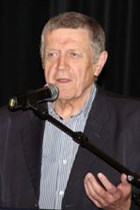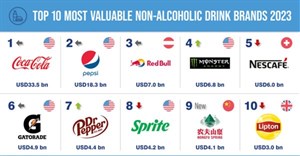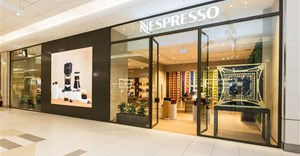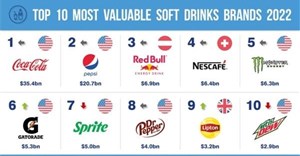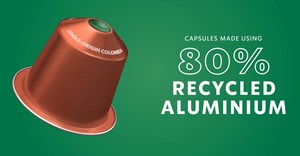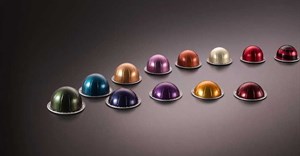Subscribe & Follow
Trending
Jobs
- Senior Conceptual Copywriter Johannesburg
- Data Entry Controller Cape Town
- Business Development Manager Publisher Sales Roodepoort
- Social Media Strategist Cape Town
- Marketing Manager Cape Town
- Business Unit Director Cape Town
- Mid weight ATL Media Planner Johannesburg
- Copywriter Cape Town
- CRM Campaign Designer Cape Town
- Copywriter Stellenbosch
Using endorsements in your advertising
But it's not just living persons, either. Over the years names like Noddy, The Pink Panther, Superman, Hagar, Popeye and Pinocchio have been used to boost product sales along with the army of characters from any Game Boy game to The Hobbit to Star Wars. This is a seriously big business.
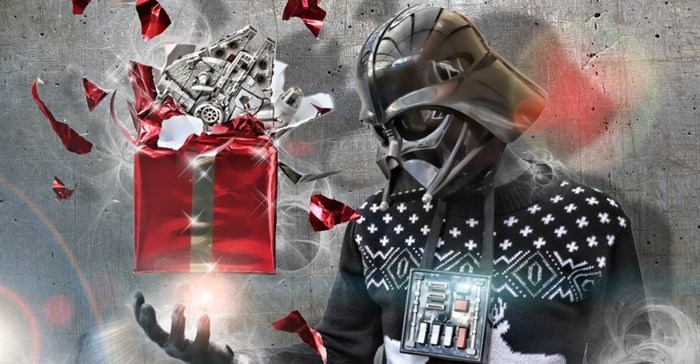
In the case of straightforward merchandising, the normal practice was to levy a royalty on the wholesale selling price of the product, which meant the end cost was less risk-related, but when it involves a famous 'person' actually wearing the watch or saying “you deserve it”, the negotiations are far more complex with lawyers suddenly realising there are big fees to be had by protecting Miss Piggy's name. Look around, you can easily spot the fins in the water.
In the US, the last reliable estimate I could get of the size of character merchandising was $60 billion, so it's now probably much huger than that. Now add the endorsement fees and the number is astronomical. It's impossible to get the accurate figure because many deals are shrouded in secrecy. For example, how much did General Mills pay the movie studio for Rocky Balboa to say to his son “Eat your Wheaties, the breakfast of champions,” in a Rocky movie? In the early days of Two and a Half Men Charlie Sheen was often seeing taking a cold Corona out of the fridge and drinking it straight from the bottle.
So we can assume that as it's such a massive industry, the technique must be paying huge dividends. In other words, endorsements work.
I admit that George Clooney had an influence on my getting a Nespresso machine. It's a fact. He's a cool guy and I want to be a sophisticate, too.
I have no doubt that he was paid gazillions of dollars to endorse the product and I'm equally sure he was worth every penny – although that might explain why their coffee pods are so damn expensive.
Three major drawbacks regarding product endorsement
The first drawback is, obviously, cost. Celebrities demand (and get) enormous fees for supporting a product, but this problem can easily be justified if the resultant sales merit the investment.
The second problem is not so easy to overcome. As the world's appetite for gossip and, often unfounded, moralising increases, all celebrities are at risk. It's difficult to hide those skeletons and then, of course, there's the unthinkable such as Oscar Pistorius and the highly damaging case of Lance Armstrong, to name only two. Their sponsors were very quick to disassociate themselves with a ruined reputation. Their reasoning is very sound – you can't have the celebrity who's endorsing your product surrounded by seriously negative publicity. It's a big risk. Many would say it's suicidal.
There's a third problem in South Africa, too - and that’s because we have no really famous celebrities living here. Oh, we try and create them – like what's-his-name on that singing programme – but they don't pack even a tiny percentage of punching weight that Clooney does.
Sometimes it's tried but, come on, we're not a celebrity-ridden society. (And that's good for a number of reasons). Okay, we have a couple of good sports stars, but that's as good as it gets. I can't name one single “famous” TV host or hostess. The Sunday Times tries to tell me that Thandi van der McDuff is famous, but I'm not buying.
It's also really cringe-making when you see 'VIPs' arriving on the red carpet at the Durban July (inevitably covered by the SABC). I don't recognise ANY of them and I wouldn't be at all surprised if a cleaning lady didn't slip in and get a quick interview on live TV. I get embarrassed just watching it.
A trick that was quite common a few years ago (especially in America) was to find a normal, real, person whose name is Thomas Hanks and then say “Tom Hanks prefers XYZ”.
As far as I'm aware, there were several court cases about this (notably in the US), which outlawed the practice and I'm not aware of anyone who's tried do this locally (although I did it once on the front cover of a book of mine a few years back).
You can get a GPS navigational tool with a voice that sounds exactly like Michael Caine. He doesn't get a penny for that because they're not claiming it's him – which is a bit cheeky, when you think about it.
By the way, product endorsement should not be confused with product placement. That's a completely different animal, which we can discuss and explore later. Simply put, “Product Endorsement” is George Foreman recommending the fat-free griller. “Product Placement” is the beer in Charlie Sheen's fridge.
In the meantime, I'm available to endorse any product you believe to be suitable. Foreign locations and scantily dressed models are not an issue.
Read my blog (brewersdroop.co.za) or see what other amazing things we do at brewers.co.za
*Note that Bizcommunity staff and management do not necessarily share the views of its contributors - the opinions and statements expressed herein are solely those of the author.*
